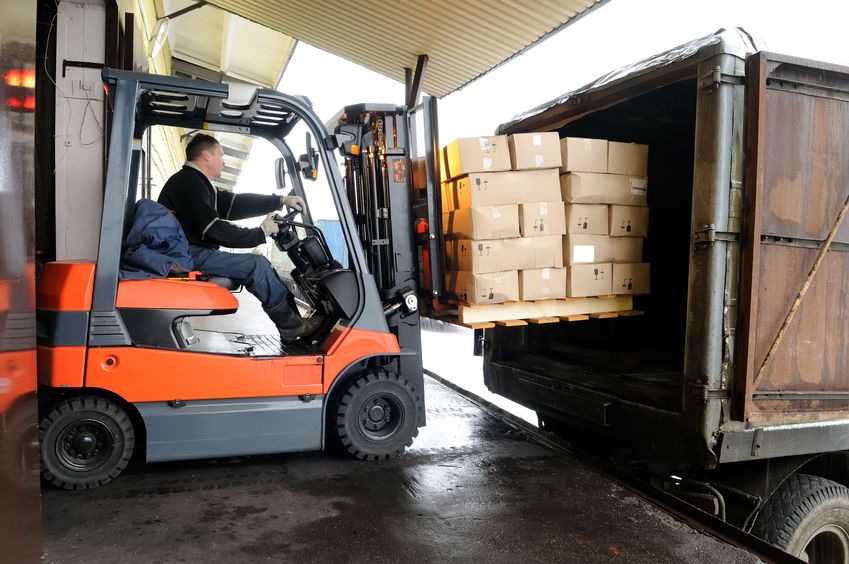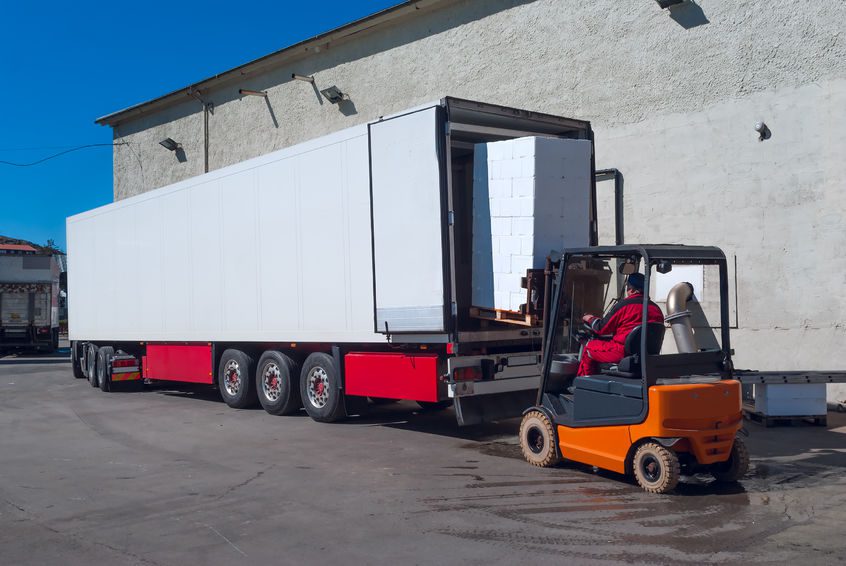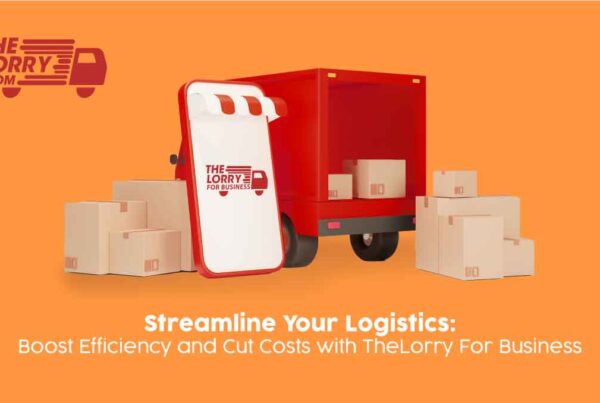
To be efficient is to achieve maximum productivity with minimum wasted effort or expense.
And whether you are a prominent 3PL logistics provider with transportation fleet in the thousands, or a small-medium logistics company with fleet of 20, the aim to operate on a high efficiency level is always a main focus.
One of the ways proven to make any logistics provider’s business flourish in terms of optimal productivity is through less than load (LTL) freight services.
What is LTL?
To put it simply, an LTL freight service is when you perform several shipments to several locations via a single truck.
Some may identify this type of shipment as ‘consolidation’, and has been a method used by specialized carriers for better load optimization and truck utilization. LTL affords flexibility, cost effectiveness, and are quite environmental friendly.
Sounds great doesn’t it? Yet before you start transporting goods by the pallet instead of a truckload, you should know that the whole process is rather complex.
How does it work?

As mentioned, an LTL shipment works not unlike your regular public transportation, in that it is essentially a transporter that has multiple destinations, yet are carrying and dropping off goods instead of people.
Rates are usually governed by the use of space per truck, and most are optimized via the use of the standard-sized pallets.
This makes for a very efficient method for logistics providers to maximize their truck use.
What are the benefits?
Promotes efficiency
Though the benefits of LTL shipping are more pronounced for the users (customers), logistics providers also reaps the cost effectiveness of having various shipments on one truck.
Because nothing is more wasteful than a partially full truck, as the transportation costs would still be the same even if you are carrying half a truckload.
So by operating an LTL freight service, you can achieve better truck utilization and efficiency.
Attracts small businesses
SMEs in particular, might find LTL shipping more fitting for their logistics needs, as they may not need to transport a full truckload of goods every time.
This means that these smaller companies are able to afford the benefits of professional level services without paying for the high cost it usually comes with. This also means more business opportunities for you.
Eco friendly
A company with its sole business being in logistics is always perceived as being bad for the environment, as the ever-moving vehicles contributes to carbon emission.
And by looking at LTL shipping in its broadest view, there would be less trucks to be used if the space is fully utilized, ultimately reduces emissions.
The challenges

As with any beneficial method of maximizing efficiency, it always goes hand-in-hand with the challenges of implementing it into your daily operations.
Optimizing those empty space
If you are a company looking to start offering LTL shipping service, you might be looking at the challenge of actually finding clients that would fit the service.
And matching the space available with the goods intended for transport can be a fickle in earlier stages of offering LTL shipping.
Time consuming
This is by far the greatest trade-off if you’re looking to offer LTL shipping as part of your services.
Because each truck contains items from multiple clients going to multiple locations, it would often take longer for the freight to arrive at each location and back to HQ.
Both client and carrier must take this extra time factor into account before organizing an LTL shipment.
More work for the drivers
A multi-stop truck has to, well, make mutiple stops. Which means they are performing multiple jobs on any given delivery.
Details matter
One must also factor in the increased level of detail in the goods to be transported when it comes to LTL shipping.
An error would make for costly return trips and labour costs, so look into extra attention in details among workers responsible of keeping record of the goods.Other challenges you will meet along the line can be read here.
How to make it work for you

As previously mentioned, optimizing your LTL shipping can be difficult in earlier stages.
The amount of free space available at any given time varies, especially if you have primarily been in the business of full truckload (FTL) shipment.
If the reason you would want to offer LTL shipping is because of a few yet regular empty space, getting clients that fit the bill on a regular basis can be extremely difficult.
And if you would want to start consolidating by appointing specific trucks to handle LTLs, you will need to identify and validate whether there is regular ample need for it beforehand.
Management system
Keeping track of an LTL shipment is a step above FTL in its tediousness ,because you would need to identify and put on record multiple goods of multiple origins on a single truck.
Therefore, A key factor in making LTL shipping works for you is through the use of a proper transportation management system.
There need to be a system which segments each truck by its available space, and how much has it been filled before it is full and ready for transportation.
Then the system should also be able to provide a certain level of automation, as keeping track of all the multiple shipments in different trucks on a regular basis will become excruciating without a set of automated process flow.
Ensure clients provide accurate info
There is nothing worse when organizing an LTL shipment than to have goods improperly packed and reported. Not only will you need to spend extra money and labour, you will also lose precious time.
Whilst you won’t be able to completely control your clients behaviour, you can communicate clearly to them to provide you with accurate information of the goods they need transported and to properly pack according to the goods’ suitability.
The level of detail is of the utmost importance, as you will be fitting more than one client’s goods in one truckload.
Be a freight consolidator
This method would need heftier investment and resource allocation on your part, yet are proven to be the best way for you to successfully optimize your LTL shipping and achieve optimal efficiency.
A freight consolidator is a carrier that pools together various partial shipments from various clients into one place (warehouse ideally).
From there, shipments with similar destination will be put together into multi-stop trucks and shipped accordingly.
Having this type of operation would need a warehouse (or part of it) allocated specifically for consolidating, ample manpower, a proper management system and other resources to be fully operational.
This factors in on top of the increased risk of damages caused by increased handling of goods during receiving, storing, and shipping.
So be prepared and strive for an extremely well-executed operation through the use of proper management system, skilled labourers, and ample storage space.




 MY – EN
MY – EN Singapore
Singapore Indonesia
Indonesia